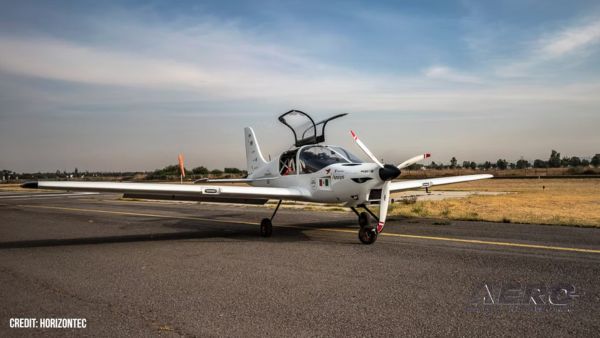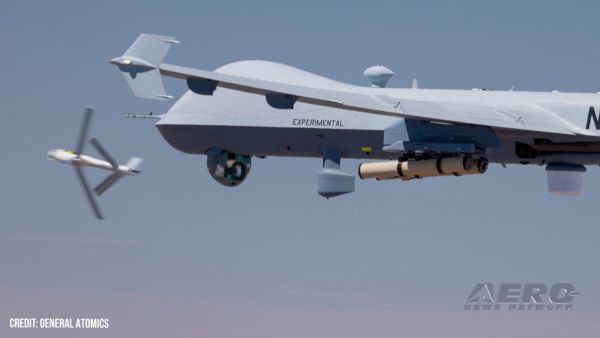Fri, Sep 19, 2025
They Departed, Remained In The Traffic Pattern, And Were On Final Approach When The Engine Lost All Power
Location: Cabot, Arkansas Accident Number: CEN23LA390
Date & Time: August 30, 2023, 16:00 Local Registration: N7373
Aircraft: Zlin Aviation S R O Savage Norden Aircraft Damage: Substantial
Defining Event: Sys/Comp malf/fail (non-power) Injuries: 2 None
Flight Conducted Under: Part 91: General aviation - Instructional

Analysis: The flight instructor and pilot receiving instruction, who was also the airplane owner, were performing takeoffs and landings as part of a tailwheel training flight. After an uneventful landing, they departed, remained in the traffic pattern, and were on final approach when the engine lost all power. The flight instructor took control of the airplane and conducted a forced landing to a field. The airplane impacted a fence and sustained substantial damage to both wings and the fuselage. The flight instructor noticed a small fire in the engine compartment after the accident that continued for about 30 seconds.
Postaccident examination revealed that the wiring for the electric fuel pumps was thermally damaged and rested on the turbine section of the turbocharger and near the exhaust system. The fuel pumps would not function when tested with airframe controls. However, they functioned normally after the thermally damaged wires were bypassed. Examination of the remaining systems revealed no mechanical anomalies that would have precluded normal operations.
The engine control unit (ECU) data confirmed that the engine functioned normally for the majority of the flight but exhibited a total loss of power during the final approach. The data illustrated that the pilot increased the throttle position but the engine did not respond.
Examination of an exemplar airplane revealed that the fuel pump’s wiring harness was routed near the firewall and not next to the turbocharger and exhaust, as observed on the accident airplane. According to the airplane manufacturer’s sole U.S. distributor, there is currently no standardization for placement of the fuel pump wiring during the manufacturing process. It is most likely that the engine lost power due to the thermally-damaged fuel pump wiring.
Probable Cause and Findings: The National Transportation Safety Board determines the probable cause(s) of this accident to be -- The airplane manufacturer’s routing of the fuel pump wiring next to the engine’s turbocharger and exhaust, which thermally damaged the wiring and resulted in a malfunction of the fuel delivery system and a total loss of engine power.
More News
Improper Installation Of The Fuel Line That Connected The Fuel Pump To The Four-Way Distributor Analysis: The airplane was on the final leg of a flight to reposition it to its home>[...]
Decision Altitude (DA) A specified altitude (mean sea level (MSL)) on an instrument approach procedure (ILS, GLS, vertically guided RNAV) at which the pilot must decide whether to >[...]
“With the arrival of the second B-21 Raider, our flight test campaign gains substantial momentum. We can now expedite critical evaluations of mission systems and weapons capa>[...]
Also: Potential Mars Biosignature, Boeing August Deliveries, JetBlue Retires Final E190, Av Safety Awareness Czech plane maker Bristell was awarded its first FAA Type Certification>[...]
Also: Commercial A/C Certification, GMR Adds More Bell 429s, Helo Denial, John “Lucky” Luckadoo Flies West CAF’s Col. Mark Novak has accumulated more than 1,000 f>[...]
 NTSB Final Report: Evektor-Aerotechnik A S Harmony LSA
NTSB Final Report: Evektor-Aerotechnik A S Harmony LSA ANN's Daily Aero-Term (09.15.25): Decision Altitude (DA)
ANN's Daily Aero-Term (09.15.25): Decision Altitude (DA) Aero-News: Quote of the Day (09.15.25)
Aero-News: Quote of the Day (09.15.25) Airborne 09.12.25: Bristell Cert, Jetson ONE Delivery, GAMA Sales Report
Airborne 09.12.25: Bristell Cert, Jetson ONE Delivery, GAMA Sales Report Airborne 09.10.25: 1000 Hr B29 Pilot, Airplane Pile-Up, Haitian Restrictions
Airborne 09.10.25: 1000 Hr B29 Pilot, Airplane Pile-Up, Haitian Restrictions



